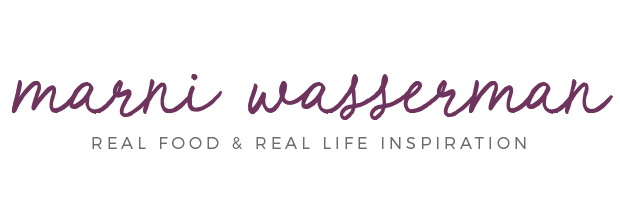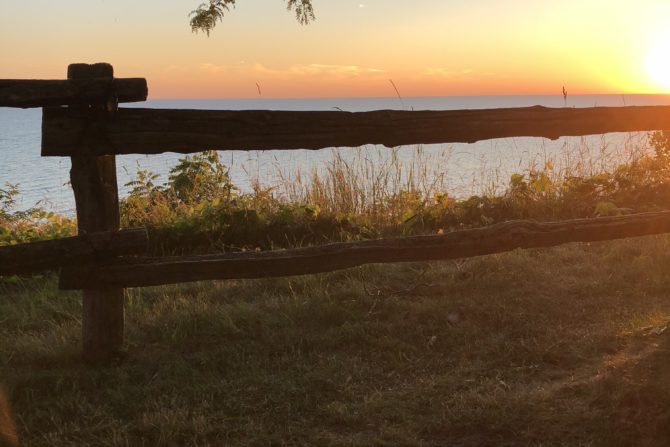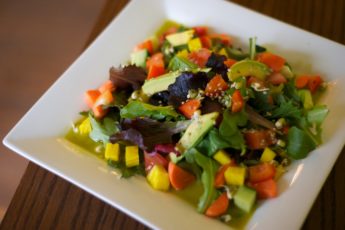Protect yourself from the sun naturally!
Despite popular belief, being outside in the sun is not bad for you. Moderate sun exposure has many benefits, particularly the synthesis of vitamin D, which helps boost immunity, and protects your bones. Although you can increase your risk of skin cancer from too much sun, vitamin D deficiency leads to a greater chance of developing prostate, breast, and colon cancer. Sunscreen blocks UV radiation, but also the ability of the body to produce vitamin D.
You must find a healthy balance between getting enough natural sunlight to maximize your vitamin D production and maintain your optimal health. If you are going to be outside in the sun for a long period of time, it is important to protect yourself. The good news is that you can protect yourself from skin cancer, early skin aging and sunburns while still obtaining vitamin D from the sun. Choose natural sunblocks with ingredients you can pronounce and apply and consume plenty of antioxidants to help neutralize cancer causing free radicals.
What to look for when purchasing sunscreen:
Health conscious individuals may be watching their diet, but it is just as important what people put on their skin. Here are a few tips:
Look at the ingredient list and make sure that the products do not include vitamin A or its derivatives, retinol and retinyl palmitate as they can oxidise and actually promote skin cancer growth and free radical production in the body.
Not all sunscreens block the full spectrum of UV rays. Many common sunscreens just screen ultraviolet B (UVB) rays which protect against sunburns, but not against UVA rays, which penetrate more deeply, causing damage to skin and potentially cancer. It is surprising that some reports illustrate that many sunscreens raise skin cancer risk instead of reducing them. This could be because people may not get pink or red as they are protected against UVB rays, but not the cancerous UVA rays. Therefore look for sunscreens that are labeled as Broad Spectrum (protection against both UVA and UVB rays) and SPF 30 or higher and apply multiple times throughout the day.
Also look at this incredible resource for all the chemicals found in sunscreen!
Some of my favourite sunscreens include Green Beaver and Living Libations or try making your own with this easy recipe from For the Love of Body
What to Eat!
In general for your diet you should focus on consuming raw, whole food sources of omega-3 fatty acids, in the foods that you are eating. You should also focus on getting as many antioxidant-rich foods as possible as they can help to lower your sunburn risk. You will still be able to synthesise vitamin D from the sun, but your risk for getting burned and developing cancer are decreased.
Try to consume more avocados, flaxseed oil, chia seeds, walnuts, dark leafy greens, hemp seeds, pumpkin seeds and edamame.
Dark leafy greens such as kale and swiss chard, blueberries, dark chocolate, and cruciferous vegetables are antioxidant-rich.
Lycopene in tomatoes has been shown to protect humans against sun damage. Remember that the lycopene in cooked tomatoes and tomato sauce has a greater bioavailability than when raw.
For more information on natural skincare, check out my recent Ultimate Health Podcast with Nadine Artemis of Living Libations.


